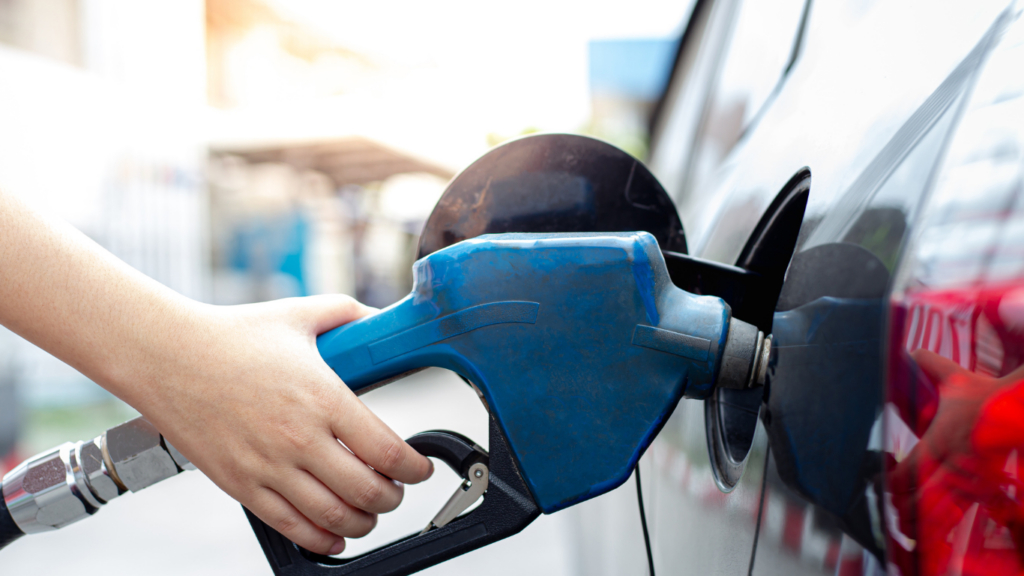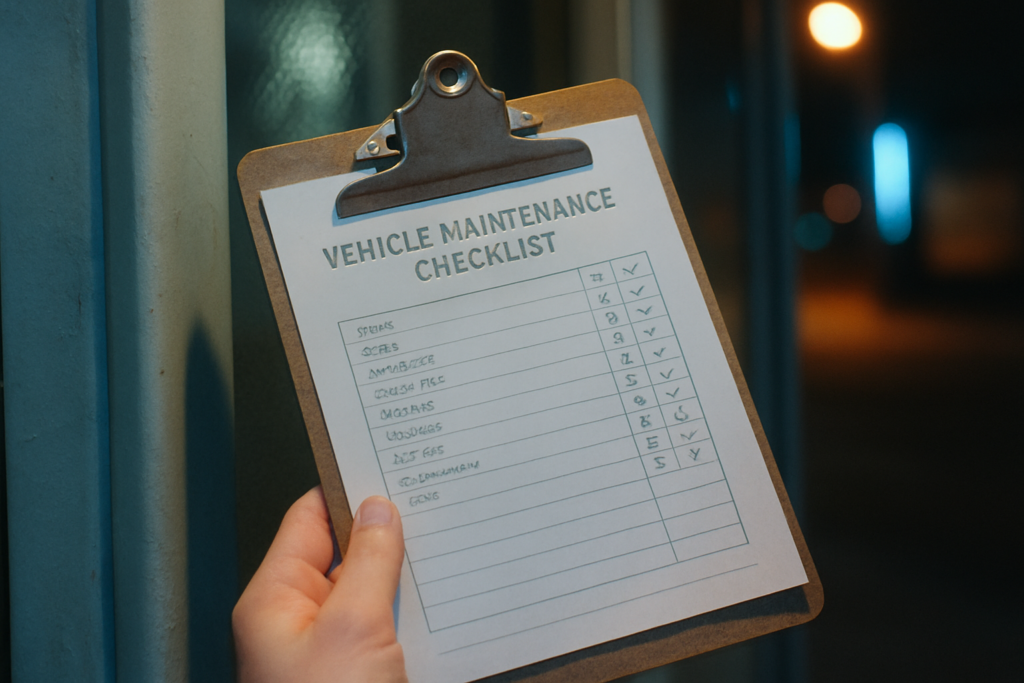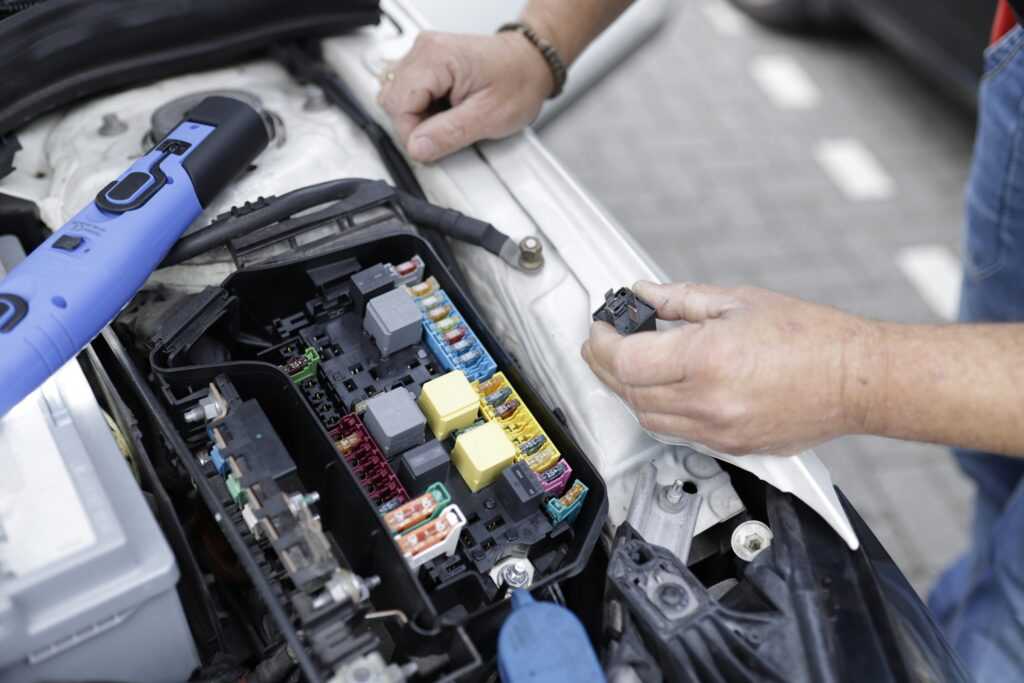Understanding Fuel Efficiency
Fuel efficiency refers to how effectively a vehicle converts fuel into distance traveled, usually measured in miles per gallon (mpg). Higher fuel efficiency means fewer refueling stops and lower gas expenses.
Key Factors Affecting Fuel Efficiency
- Driving Habits: Aggressive driving, rapid acceleration, and frequent braking can lower fuel economy by up to 33% on highways and 5% in city driving, according to the U.S. Department of Energy.
- Vehicle Maintenance: Regular maintenance tasks such as timely oil changes, spark plug replacements, and air filter cleanings ensure the engine runs smoothly.
- Aerodynamics: Roof racks and heavy accessories create drag and reduce fuel efficiency. Removing unnecessary weight and keeping windows closed on highways can minimize drag.
- Tire Condition: Properly inflated tires, as recommended by the manufacturer, help reduce rolling resistance and improve gas mileage. Under-inflated tires can lower fuel efficiency by about 0.2% for every 1 psi drop in pressure of all four tires.
- Engine Load: Extra load from air conditioning or electronic devices can increase fuel consumption. Use air conditioning sparingly and unplug chargers when not in use.
Benefits of Improving Fuel Efficiency
- Cost Savings: Efficient fuel use reduces the frequency of refueling, leading to significant savings over time.
- Environmental Impact: Reducing fuel consumption lowers emissions, contributing to a cleaner environment. Vehicles with better fuel efficiency emit fewer pollutants.
- Vehicle Longevity: A well-maintained, fuel-efficient car tends to have a longer life. Reduced engine strain and fewer breakdowns enhance the vehicle’s overall lifespan.
- Enhanced Performance: Cars that run efficiently offer better acceleration and a smoother driving experience.
- Check Tire Pressure: Use a tire pressure gauge to ensure tires are inflated to the manufacturer’s recommended levels. Perform this check monthly.
- Replace Air Filters: Dirty air filters can restrict airflow to the engine. Replacing them every 12,000 to 15,000 miles can improve fuel efficiency by up to 10%.
- Regular Oil Changes: Follow the manufacturer’s guidelines for oil change intervals. Clean oil reduces friction and helps the engine run efficiently.
- Monitor Spark Plugs: Worn or dirty spark plugs can cause misfires, reducing fuel efficiency. Replace spark plugs every 30,000 miles or as recommended by the manufacturer.
Efficient fuel use isn’t just about mechanical know-how. Simple, regular maintenance tasks can significantly enhance a vehicle’s performance and save money.
Regular Maintenance Checks

Regular maintenance checks enhance my car’s fuel efficiency and performance. I can achieve better mpg by staying on top of a few key areas.
Engine Maintenance
Maintaining the engine is crucial. Regularly replacing the air filter improves airflow and increases efficiency. According to the Environmental Protection Agency (EPA), a clean air filter can improve mpg by up to 10%. I ensure the fuel injectors are clean. Dirty fuel injectors can lead to inefficient fuel delivery. I use fuel injector cleaner regularly or have them professionally cleaned if needed. Monitoring the engine coolant and maintaining optimal fluid levels also prevents overheating, reducing engine strain.
Tire Maintenance
Proper tire maintenance impacts fuel efficiency significantly. I check tire pressure monthly, keeping it at the manufacturer’s recommended levels. Underinflated tires can reduce fuel efficiency by up to 3% according to the U.S. Department of Energy. I also ensure the tires are balanced and rotated every 6,000 to 8,000 miles. Properly aligned and balanced tires reduce rolling resistance, enhancing fuel economy. Checking for tire wear and replacing them when necessary ensures better traction and reduces the engine’s workload.
Oil Changes
Regular oil changes ensure smooth engine operation. I follow my vehicle manufacturer’s guidelines, usually changing the oil every 5,000 to 7,500 miles. Using the recommended grade of motor oil is important because using the wrong grade can reduce fuel efficiency by 1-2%. I also replace the oil filter during each oil change to maintain oil cleanliness and extend engine life. Keeping the engine well-lubricated reduces friction, which in turn improves fuel economy.
Enhancing Aerodynamics
Improving a car’s aerodynamics reduces drag and increases fuel efficiency. Simple changes can make a noticeable impact.
Reducing Vehicle Weight
Lighter cars encounter less resistance and consume less fuel. Clearing unnecessary items from the trunk and backseat can reduce weight. For example, removing heavy tools or sports equipment. Reducing weight can improve fuel efficiency by 1-2%.
Modifying Driving Habits
Smooth driving lowers aerodynamic drag. Gradual acceleration and maintaining a steady speed can increase mpg. Avoiding rapid speed changes also helps. Using cruise control on highways maintains a consistent speed, which enhances fuel efficiency.
Choosing the Right Fuel
Optimizing fuel efficiency starts with choosing the right fuel. Using appropriate fuel types ensures the engine runs smoothly and efficiently.
Octane Ratings
Selecting the correct octane rating is vital for optimal engine performance. Most vehicles run efficiently on regular 87-octane fuel. Premium fuels, with higher octane ratings (91 or 93), are necessary for high-performance engines to prevent knocking. Check the owner’s manual to determine the recommended octane rating for your specific vehicle. Using fuel with an octane rating lower than recommended can reduce fuel efficiency and damage the engine over time.
Fuel Additives
Fuel additives can enhance engine performance and fuel efficiency if used correctly. Additives, such as fuel system cleaners, help remove deposits from injectors and combustion chambers, ensuring smoother fuel flow and better combustion. Octane boosters increase the fuel’s octane rating, aiding high-performance engines. However, overusing additives might lead to engine damage. Always follow the manufacturer’s guidelines and consult with a professional before adding them to your vehicle. Incorporating the appropriate additives can lead to measurable improvements in fuel efficiency and engine performance.
Monitoring and Diagnostics
Basic maintenance tasks can enhance your car’s fuel efficiency, but monitoring systems and diagnostics are also crucial to identify issues early.
Onboard Diagnostics
Modern vehicles come equipped with Onboard Diagnostics (OBD) systems that monitor various components. The OBD system can alert you to issues that may affect fuel efficiency, like misfiring spark plugs or faulty sensors. Regularly checking the OBD readouts helps preempt costly repairs and maintain optimal engine performance. Utilize an OBD-II scanner to read the codes and address warning lights promptly. For example, a malfunctioning oxygen sensor can reduce mpg by up to 40%.
Professional Inspections
Annual professional inspections can uncover issues not easily detected through routine maintenance. Mechanics use advanced diagnostic tools to identify problems affecting fuel efficiency. They check components like fuel injectors, mass airflow sensors, and exhaust gas recirculation valves. Scheduling these inspections ensures any hidden inefficiencies are addressed, maximizing fuel economy.




